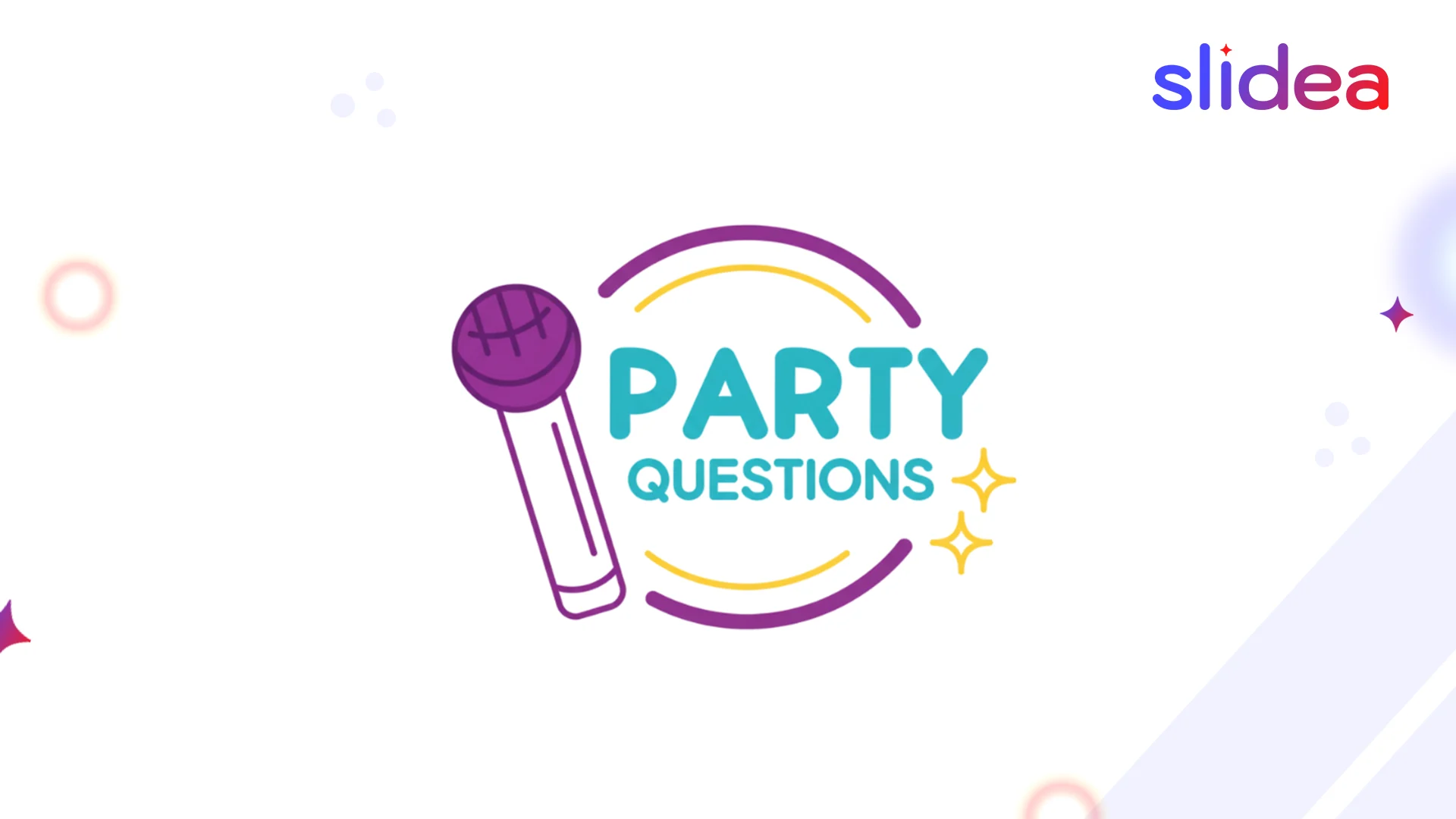Every February, millions of people across America pause to honor the remarkable contributions of Black Americans to our nation’s history, culture, and progress. This month offers incredible opportunities to engage communities through meaningful celebrations that go beyond textbook learning.
Modern organizations and schools are discovering that interactive learning tools transform how students connect with African American history, making these important stories more memorable and impactful for diverse audiences. When students actively participate in learning rather than passively listening, they develop deeper understanding and stronger connections to the rich heritage being celebrated.
What Is Black History Month?
Black History Month is a time to learn about and celebrate the lives, struggles, and victories of Black people. It started in the United States and is now honored in countries like the UK and Canada. It highlights heroes like Martin Luther King Jr., Rosa Parks, Maya Angelou, and many others.
The goal is not just to remember history but to create space for ongoing conversations about equality, justice, and progress.
Key Black History Figures and Their Achievements
| Name | Achievement | Known For |
| Martin Luther King Jr. | Civil Rights Leader | “I Have a Dream” speech |
| Rosa Parks | Activist | Bus boycott in Montgomery |
| Maya Angelou | Writer | “I Know Why the Caged Bird Sings” |
| Barack Obama | President | First Black U.S. President |
| Toni Morrison | Author | Nobel Prize winner |
Creative Ways to Celebrate Black History Month
1. Host a Virtual Quiz on Black History
Quizzes are a fun way to test knowledge while encouraging participation. Use interactive quiz makers to create questions about influential leaders, historical events, and cultural milestones. You can include select answers, type-answer, and pick-the-number questions to make the session lively.
Example:
Question: Who became the first African American president of the United States?
Answer Options: Barack Obama, Martin Luther King Jr., Colin Powell
2. Organize a Storytelling Session
Invite speakers or participants to share stories of Black innovators, activists, and artists. Use word clouds to capture keywords or emotions associated with each story, creating a visual representation of the shared experiences.
3. Create a Historical Timeline Presentation
Showcase significant events in Black history using a visually interactive timeline. Use Lineup slides to have students arrange events or milestones in the correct chronological order.
4. Highlight Black Artists and Musicians
Celebrate achievements in music, art, and literature. You can host a gallery or listening session and ask participants to vote for their favorite pieces using live polls. This encourages student engagement while educating participants on cultural contributions.
5. Host a Panel Discussion
Invite experts or members to talk about topics like civil rights, equality, or cultural heritage. Use live Q&A and polling to collect opinions or questions during the discussion.
6. Organize Interactive Workshops
Workshops on topics like African American literature, art techniques, can be fun and educational. Encourage students to share insights or create their own projects.
7. Share Inspirational Quotes
Quotes from influential Black leaders can motivate and spark reflection. Use an Open Ended slide to collect quotes from students.
8. Screen Documentaries or Short Films
Visual storytelling is powerful. Show documentaries or films highlighting important moments in Black history, then use quizzes or polls afterward to check engagement and understanding.
9. Host a Creative Competition
Encourage students to create artwork, essays, or videos honoring Black history. Display submissions in an interactive presentation and allow participants to vote for their favorites using multiple-choice slides.
10. Plan Community Service Projects
Combine celebration with action. Organize volunteer activities or awareness campaigns and use live polls to gather ideas, making the experience more engaging and collaborative.
Example Quiz Questions
Black History Quiz – Basic
- Who gave the “I Have a Dream” speech?
Answer: Martin Luther King Jr.
- Who refused to give up her bus seat in Montgomery?
Answer: Rosa Parks
- Which writer is known for the book “I Know Why the Caged Bird Sings”?
Answer: Maya Angelou
- Who became the first Black president of the United States?
Answer: Barack Obama
- What is Juneteenth?
Answer: A holiday celebrating the end of slavery in the U.S.
Black History Quiz – Intermediate
- Who founded the Tuskegee Institute?
Answer: Booker T. Washington
- What amendment abolished slavery in the U.S.?
Answer: 13th Amendment
- What movement did Malcolm X lead?
Answer: Black Nationalism
- Who was the first Black woman elected to Congress?
Answer: Shirley Chisholm
- What is the NAACP?
Answer: National Association for the Advancement of Colored People
Black History Quiz – Advanced
- What was the Harlem Renaissance?
Answer: A cultural movement celebrating Black art, music, and literature in the 1920s
- Who is the first Black woman to win the Nobel Prize in Literature?
Answer: Toni Morrison
- Who was Emmett Till and why is he important?
Answer: A 14-year-old lynched in 1955; sparked civil rights activism
- What U.S. Supreme Court case ended racial segregation in schools?
Answer: Brown v. Board of Education
- Who was the first African American Supreme Court Justice?
Answer: Thurgood Marshall
Final Thoughts
Black History Month is an opportunity to celebrate, educate, and inspire. By incorporating interactive presentation tools, you can transform traditional observances into engaging experiences that involve your students actively. From quizzes and polls to word clouds and ranking activities, these tools ensure your celebration is not only fun but also meaningful and memorable.
FAQs
Q1: Why is Black History Month important?
A: It honors the achievements of Black people and reminds us of the work still needed for equality.
Q2: Who started Black History Month?
A: Historian Carter G. Woodson began it as “Negro History Week” in 1926.
Q3: Can I celebrate Black History Month outside the U.S.?
A: Yes! Many countries now observe it with their own local heroes and stories.




Leave a Comment
Your email address will not be published. Required fields are marked *